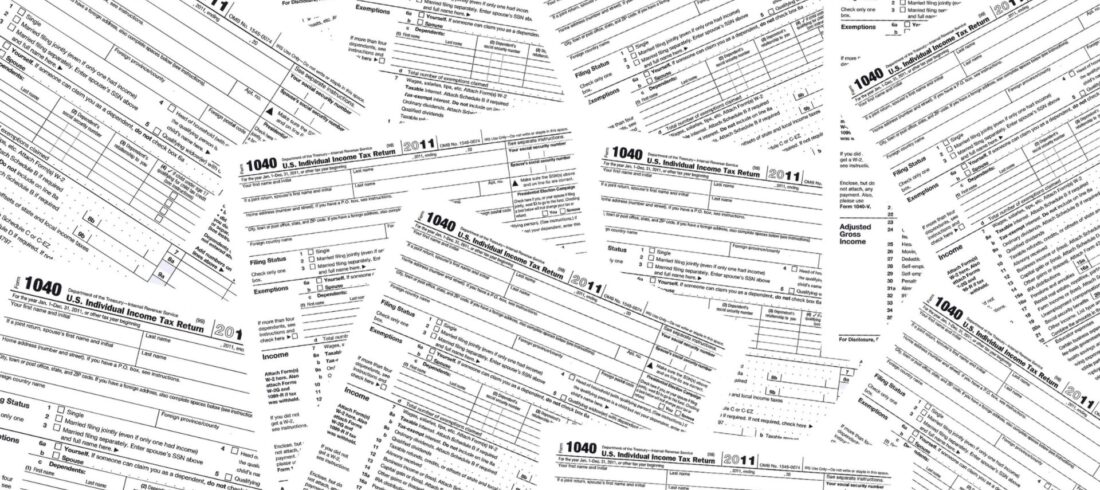You can successfully deal with many IRS notices yourself. Many require only a simple response, such as sending the IRS additional information or paying taxes on Form 1099 income you forgot to include on your tax return.
The following tips apply whenever you deal with an IRS employee in his or her official capacity.
- Read the notice carefully and keep it in a place you’ll be able to find it if you need it later. Most IRS notices cover specific issues and request specific actions on your part.
- If you don’t have confidence in your ability to remain calm and confident when talking to an IRS employee, conduct your correspondence in writing.
- If you call the IRS, be professionally courteous. Politely answer the person’s questions if you feel comfortable doing so, and politely ask any questions you have about the notice you’ve received.
- This should go without saying, but since I’ve had clients who got into trouble for pursuing this line of conversation, I’ll mention it: don’t argue with the IRS employee about the constitutionality of the income tax, don’t make mean comments about their choice of employment. Just focus on the notice and the information the IRS wants you to provide.
- Don’t try to be overly friendly or chatty. It’s better to listen and gain information rather than talk. If there is a pause in the conversation, wait for the IRS employee to proceed. Don’t start talking randomly just to fill the silence.
- If at any time you feel uncomfortable with the direction of the conversation, tell the person you’ll need to call back later.
- Remember that you have a right to representation. It’s great to try to solve your IRS problems yourself, and many times you can do fine on your own. But if the questions being asked to make you uncomfortable, it’s a good idea to at least buy an hour or two of a tax professional’s time, and get some advice. Some tax lawyers, including my firm, will work with you in an advisory role, while you continue to represent yourself. This can reduce legal fees while still allowing you to approach the situation with an understanding of the law and your rights.
CAUTION: If you need to file an amended return, or if you’re dealing with a complicated audit or complex tax issue, getting help from a professional is almost always a good investment.
If you decide to get help, beware of “tax resolution” firms that advertise on the television or make extravagant promises on the Internet. Here’s a great article from 2012 that is still very relevant today:
http://www.forbes.com/sites/stephendunn/2012/10/13/tax-resolution-schemes-persist/
Don’t go with a firm that uses high-pressure sales. Preferably, use a local firm with people you can sit down with and talk to and who can help you going forward. When you interview a prospective tax representative, ask what they can do for you after the audit it over. I don’t consider I’ve done a complete job in representing a client in an IRS audit if my client doesn’t come out of the experience feeling as though they’ve gained some useful knowledge. Many of my IRS audit clients say that while they wouldn’t choose to go through another IRS audit, they did learn a lot from it that will help them manage their finances better in the future.













